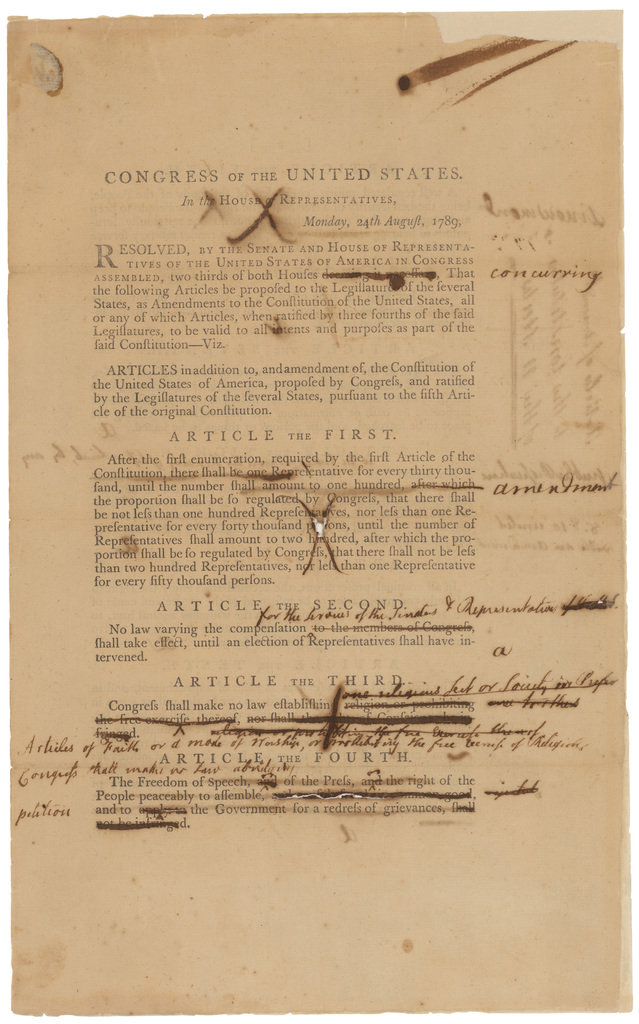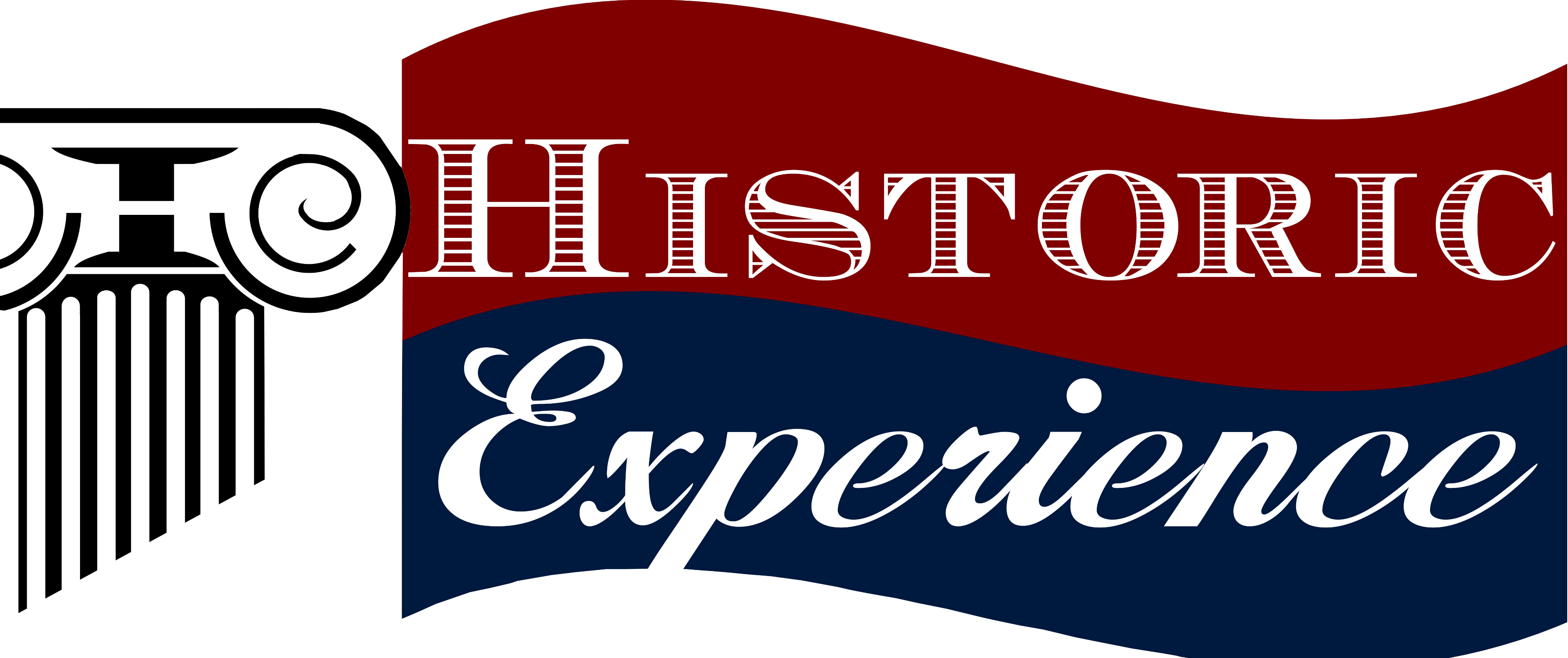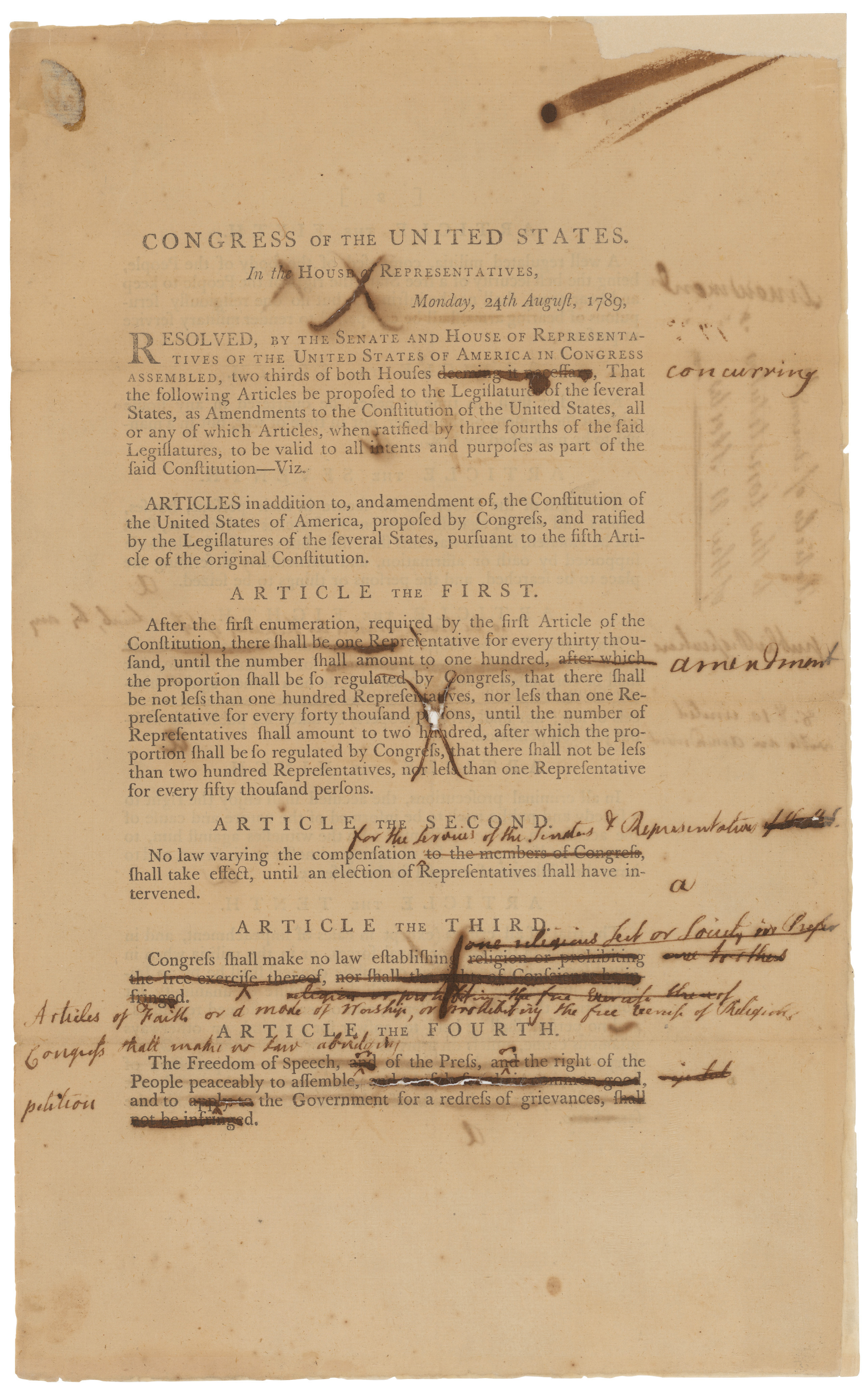September 25:- A Bill of Rights
"What think you of a Declaration of Rights? Should not such a Thing have preceded the Model?"
to Thomas Jefferson, November 10, 1787
John Adams knew something about compromise. It is what he had to fashion among the delegates of the Continental Congress in order to achieve Independence. The Constitutional Convention was in similar array, and needed to reach compromise to achieve a governing document.
But approving the Constitution was not the end – but only the beginning.
I’ll let President Adams continue the story.
When James Madison crafted a Bill of Rights for the Constitution, he essentially lifted the Virginia Declaration of Rights, and made some adjustments and well, amendments of his own.
I have seen differing accounts of Madison providing nineteen or more different amendments to Congress – the House chose seventeen, and the Senate eventually whittled the list down to twelve. Numbers three through twelve made the cut in state approval. The first two benched amendments were:
Article the First (that’s how Madison titled it) was a formula for popular representation. My math skills are not strong enough to properly explain it. Suffice it to say, it didn't make it.
Article the Second would have kept the Congress from voting themselves pay raises every year. A similar amendment (actually, the same amendment, reintroduced) was eventually passed in 1992, though there are bypasses that the Congress keeps finding…
Below is an image from the National Archives of the Senate's revisions of the House revisions of Madison's amendments. It was--messy.

No one was completely satisfied with the final draft of the Constitution. Not everyone was happy about the Bill of Rights either. But that's how this country became this country and continued against the odds: compromise.
John Adams
Defence of the Constitutions of Government of the United States

A result of accommodation cannot be supposed to reach the ideas of perfection of any one, but the conception of such an idea, and the deliberate union of so great and various a people in such a plan, is, without all partiality or prejudice, if not the greatest exertion of human understanding, the greatest single effort of national deliberation that the world has ever seen.

